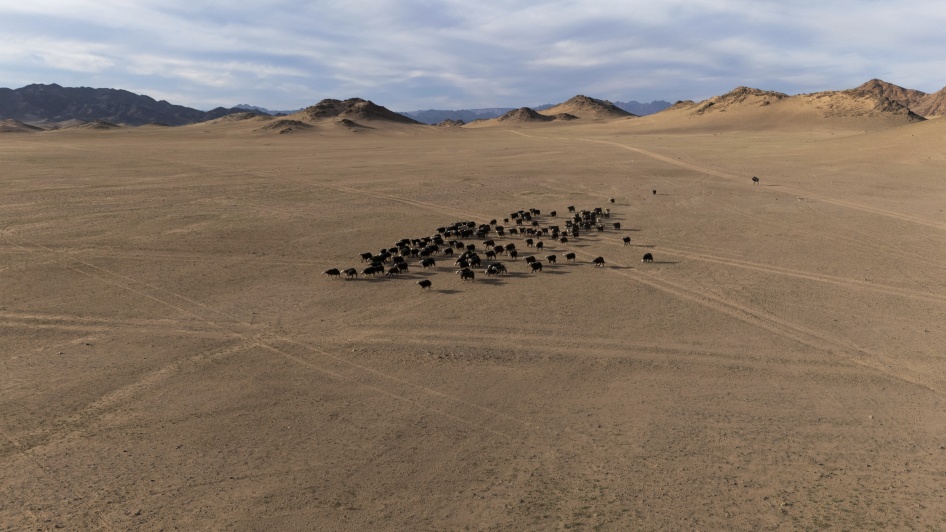This month, Netflix released “The Goat Life,” a movie centered on the experiences of an Indian migrant worker, Najeeb Muhammed, who worked in Saudi Arabia in the early 1990s and, after being stranded in the desert, was forced to work as a goat herder. It is based on the 2008 bestselling book, “Goat Days,” which was written by another migrant worker and author under the pen name Benyamin.
The movie has caused uproar in Saudi Arabia with Saudi nationals calling for a boycott of Netflix on social media and claiming that the movie “dramatically exaggerates” an isolated case of migrant worker abuse, reinforces negative stereotypes of Saudi culture, and is a fundamentally outdated and flawed depiction of Saudi Arabia’s treatment of its migrant workforce.
While the movie likely exaggerates some elements of Najeeb’s story for cinematic purposes and is based on a case from the 1990s, the abuses chronicled in the story are unfortunately more widespread than Saudi social media critics would like to admit. Najeeb also shared further details of his experiences in interviews promoting the movie.
The abuses portrayed in the movie center around animal herders’ isolation, and include the disproportionate control over workers enabled by Saudi Arabia’s kafala (sponsorship) system, rampant wage, and recruitment fee abuses, exposure to extreme heat, and lack of state oversight. These abuses have all been documented in Saudi Arabia and other Gulf states for decades. Migrant animal herders, similar to domestic workers, suffer some of the worst abuses because they are excluded from Saudi Arabia’s labor laws, and are often victims of trafficking, isolation, and physical abuse.
Trying to dismiss discomforting portrayals of migrant worker abuses as racism, slander, or trying to deflect attention by “whataboutism” is a means of downplaying the abuses enabled by the kafala system, a racialized labor governance system. While Najeeb was held captive by a fraudulent sponsor posing as his employer who took him from the airport, this abusive sponsorship system is still not dismantled even 30 years after he left Saudi Arabia.
Meanwhile, Saudi Arabia’s global ambitions laid out in its Vision 2030 plans, including its recent 2034 FIFA Men’s World Cup host bid submission, relies extensively on migrant labor to make them a reality. The truth is that unless Saudi Arabia prioritizes bold labor protection measures alongside its ambitious projects, there will be many more stories like Najeeb’s, which publicly expose the horrific abuses suffered by migrant workers in Saudi Arabia.









